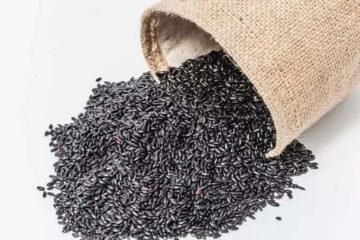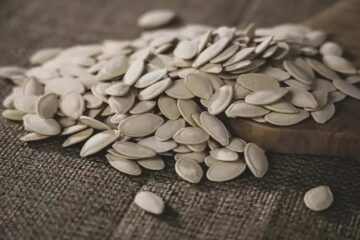Unveiling the Aromatic Wonder: A Comprehensive Guide to Cinnamon

Cinnamon, with its warm and tantalizing aroma, has mesmerized cultures worldwide for centuries. Renowned for its unique flavor profile and potential health advantages, cinnamon has entrenched itself in both culinary and medicinal realms. In this detailed guide, we’ll embark on a journey through the captivating realm of cinnamon, exploring its origins, nutritional composition, health benefits, culinary versatility, types, purchasing and storing recommendations, as well as precautions and potential side effects.
What is Cinnamon?
Cinnamon comprises the inner bark of trees native to South Asia, predominantly Sri Lanka and India. Following harvest, the bark undergoes drying before being rolled into cinnamon sticks, also known as quills, or ground into powder. The two prevalent types of cinnamon are Ceylon cinnamon (Cinnamomum verum) and cassia cinnamon (Cinnamomum cassia).
Nutritional Value
Despite its modest size, cinnamon boasts a formidable nutritional profile. It serves as a rich reservoir of antioxidants, particularly polyphenols, associated with diverse health benefits. Moreover, cinnamon offers notable quantities of manganese, fiber, calcium, and iron.
Health Benefits
The potential health merits of cinnamon transcend its delectable flavor:
- Blood Sugar Regulation: Cinnamon exhibits the ability to lower blood sugar levels by enhancing insulin sensitivity.
- Antioxidant Boost: Its abundance of polyphenols confers antioxidant prowess, shielding cells from oxidative stress.
- Anti-Inflammatory Effects: Cinnamon harbors compounds endowed with anti-inflammatory properties, potentially benefiting individuals with chronic inflammatory ailments.
- Heart Health: Several studies suggest cinnamon’s potential to diminish bad cholesterol levels and reduce blood pressure.
Culinary Uses
The warm and comforting essence of cinnamon renders it adaptable to a plethora of culinary endeavors:
- Baking: Cinnamon constitutes a staple in baked goods like cinnamon rolls, cookies, and pies.
- Hot Beverages: It lends a delightful touch to coffee, hot chocolate, and teas.
- Savory Dishes: Cinnamon imparts depth to stews, curries, and marinades.
- Desserts: Sprinkle it over ice cream, yogurt, or fruit for an added layer of flavor.
Types of Cinnamon
Distinguishing between Ceylon cinnamon (True Cinnamon) and cassia cinnamon offers insights into flavor profiles and safety considerations. While Ceylon cinnamon boasts a delicate, sweet flavor and lower coumarin content, cassia cinnamon, albeit more prevalent, exudes a stronger aroma and harbors higher coumarin levels.
How to Buy and Store Cinnamon
When acquiring cinnamon, adherence to these guidelines is prudent:
- Opt for freshly ground cinnamon to maximize flavor.
- Select reputable brands to ensure quality.
- Store cinnamon sticks in a cool, dark environment within airtight containers to uphold freshness.
- Ground cinnamon warrants similar storage conditions away from heat and light.
Precautions and Potential Side Effects
While cinnamon proffers myriad benefits, vigilance against excessive consumption is imperative due to its coumarin content. Cassia cinnamon, in particular, raises concerns regarding potential side effects with substantial intake. Observance of these precautions is advised:
- Exercise restraint in cassia cinnamon consumption, especially for individuals on blood thinners or with liver ailments.
- Pregnant women and individuals with allergies should consult healthcare professionals before significant cinnamon intake.
Frequently Asked Questions
- Safety for Pregnant Women: Pregnant women should consume cinnamon cautiously, seeking guidance from healthcare providers.
- Impact on Weight Loss: While cinnamon may aid in blood sugar regulation, it’s not a standalone solution for weight loss.
- Distinction between Powder and Sticks: Both forms offer similar flavor profiles, yet cinnamon sticks impart a milder taste and are removable after cooking.
- Medication Interactions: Cassia cinnamon, in excessive amounts, may interact with blood-thinning medications, warranting medical consultation.
- Skincare Utilization: Cinnamon’s antimicrobial attributes render it popular in skincare; however, its potency necessitates a patch test to preclude skin irritation.
Cinnamon, a timeless spice revered for its aroma, taste, and potential health dividends, remains a quintessential ingredient in kitchens and apothecaries alike. Its adaptability shines through various culinary creations, while its historical eminence and contemporary allure continue to captivate global audiences. As with any potent ingredient, moderation and cognizance of individual susceptibilities are pivotal in harnessing cinnamon’s benefits while averting potential adversities.
















